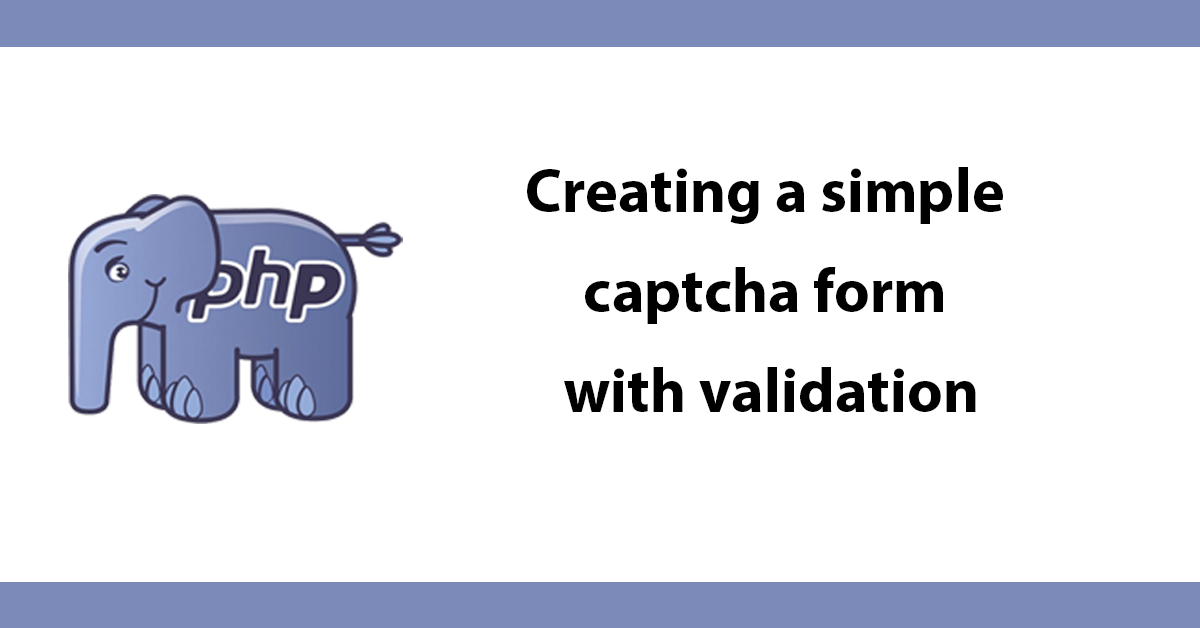
Laravel Framework Tutorials PHP & MySQL
Validating in Laravel can be really simple for instance take this example:
request()->validate([
'due_date' => 'required',
'template' => 'required'
]);
This will validate that data in the request object and passes an array of rules which will validate both due_date and template exist and are set in the request object. If the validation fails then a redirect is automatically executed to the previous page passing both the user input and an array of errors.
For simple validation, this is amazing! simple and effective but in cases when you need to add a custom error message to the error object this cannot be used instead use the Validator class and pass in the request object and an array of rules.
$validator = Validator::make(request()->all(), [
'due_date' => 'required',
'template' => 'required'
]);
To add a custom error with this approach an errors->add() method can be called:
if (request('event') == null) {
$validator->errors()->add('event', 'Please select an event');
}
The add method accepts two params the custom name and its value.
Now at this point, nothing would happen as the validation has not been run to complete this you would normally write:
if ($validator->fails()) {
return redirect('post/create')
->withErrors($validator)
->withInput();
}
Calling ->fails() executes the validation and will redirect with input and errors upon failure.
This can be simplified further by instead writing:
$validator->validate();
Which does the same thing but automatically.
Putting it all together:
//setup Validator and passing request data and rules
$validator = \Validator::make(request()->all(), [
'due_date' => 'required',
'template' => 'required'
]);
//hook to add additional rules by calling the ->after method
$validator->after(function ($validator) {
if (request('event') == null) {
//add custom error to the Validator
$validator->errors()->add('event', 'Please select an event');
}
});
//run validation which will redirect on failure
$validator->validate();
Now for cases where custom errors are required to be added this allows this without too much extra work.
Subscribe to my newsletter for the latest updates on my books and digital products.
Find posts, tutorials, and resources quickly.
Subscribe to my newsletter for the latest updates on my books and digital products.